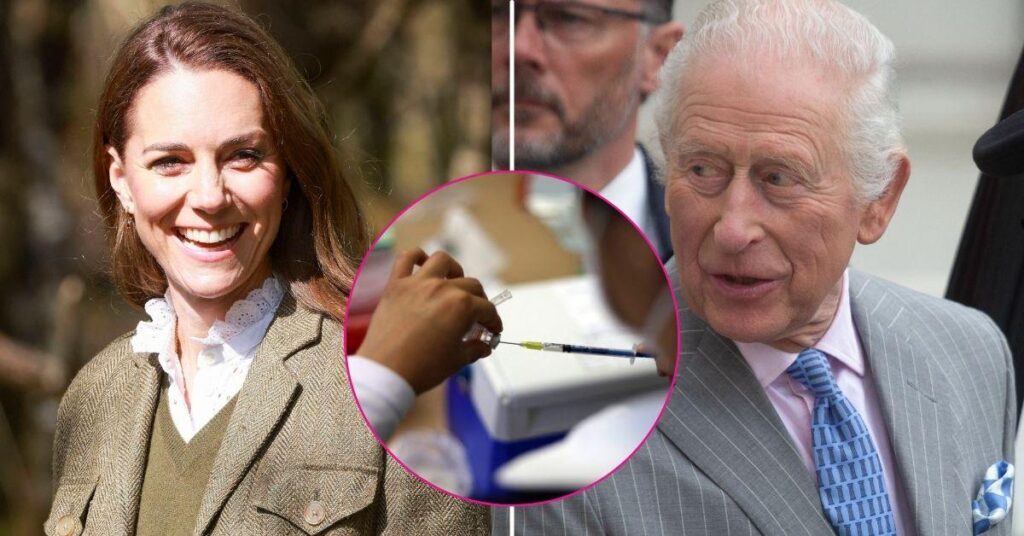Dr. Aseem Malhotra, a prominent figure in the medical community and an advisor to Robert F. Kennedy Jr., has recently stirred debate by asserting that both King Charles and Kate Middleton may have developed cancer as a consequence of receiving the COVID-19 vaccine. This provocative claim has raised eyebrows and sparked conversations about vaccine safety, health implications, and public trust in medical guidance. But what does this mean for you and your perceptions of vaccination?
In this article, we will delve into the controversial statement made by Dr. Malhotra, examining the intersection of vaccine discourse, celebrity health narratives, and the broader implications for public health. We’ll explore what evidence exists surrounding vaccine side effects, the credibility of claims like Malhotra’s, and how these assertions can influence public opinion. Let’s get started.
The Claims: What Did Dr. Malhotra Say?
Dr. Aseem Malhotra has made headlines with his assertion that the COVID-19 vaccine could be linked to serious health issues, including cancer, in notable figures like King Charles and Kate Middleton. This statement has ignited discussions about the accuracy of such claims and their potential impact on public perception.
While some may find these assertions alarming, it’s essential to scrutinize the evidence behind them. Are there substantial studies that support these claims?
Understanding Vaccine Safety and Side Effects
When considering any medication or vaccine, it’s vital to understand the potential side effects. Vaccines, including those for COVID-19, have undergone rigorous testing before being approved for public use. Most commonly reported side effects are mild and include:
Serious side effects are rare but can occur. However, the vast majority of individuals experience no severe complications. So, how do we balance these risks against the benefits of vaccination?
Credibility and Misinformation in Health Claims
In today’s digital age, health information can spread rapidly, sometimes leading to misinformation. Dr. Malhotra’s claims, while attention-grabbing, require careful examination. Questions arise about the sources of such statements and their scientific backing.
It’s crucial to differentiate between anecdotal evidence and scientifically validated data. Therefore, when you encounter sensational claims, consider asking: What studies or expert opinions support this?
The Impact of Celebrity Health Narratives
Public figures often wield significant influence over societal attitudes toward health issues. When someone like King Charles or Kate Middleton is mentioned in health discussions, it can amplify fears or misconceptions about vaccines. This effect can lead to increased vaccine hesitancy among the public.
Moreover, celebrity narratives can overshadow scientific discourse. So, how should we navigate these influential stories to ensure informed decision-making?
Public Health Implications of Vaccine Hesitancy
Vaccine hesitancy poses a critical challenge to achieving herd immunity and controlling infectious diseases. When high-profile individuals make controversial statements, they can inadvertently contribute to a decline in vaccination rates.
Governments and health organizations work tirelessly to combat misinformation and foster trust. As a community, how can we support informed conversations about vaccines?
Finding Reliable Information
In an era of overwhelming information, knowing where to find reliable health advice is essential. Here are some strategies:
By prioritizing credible sources, you can safeguard your health and make informed decisions regarding vaccinations.
Ultimately, while claims like those made by Dr. Malhotra can provoke thought and discussion, it’s crucial to ground our understanding in verified information.
























